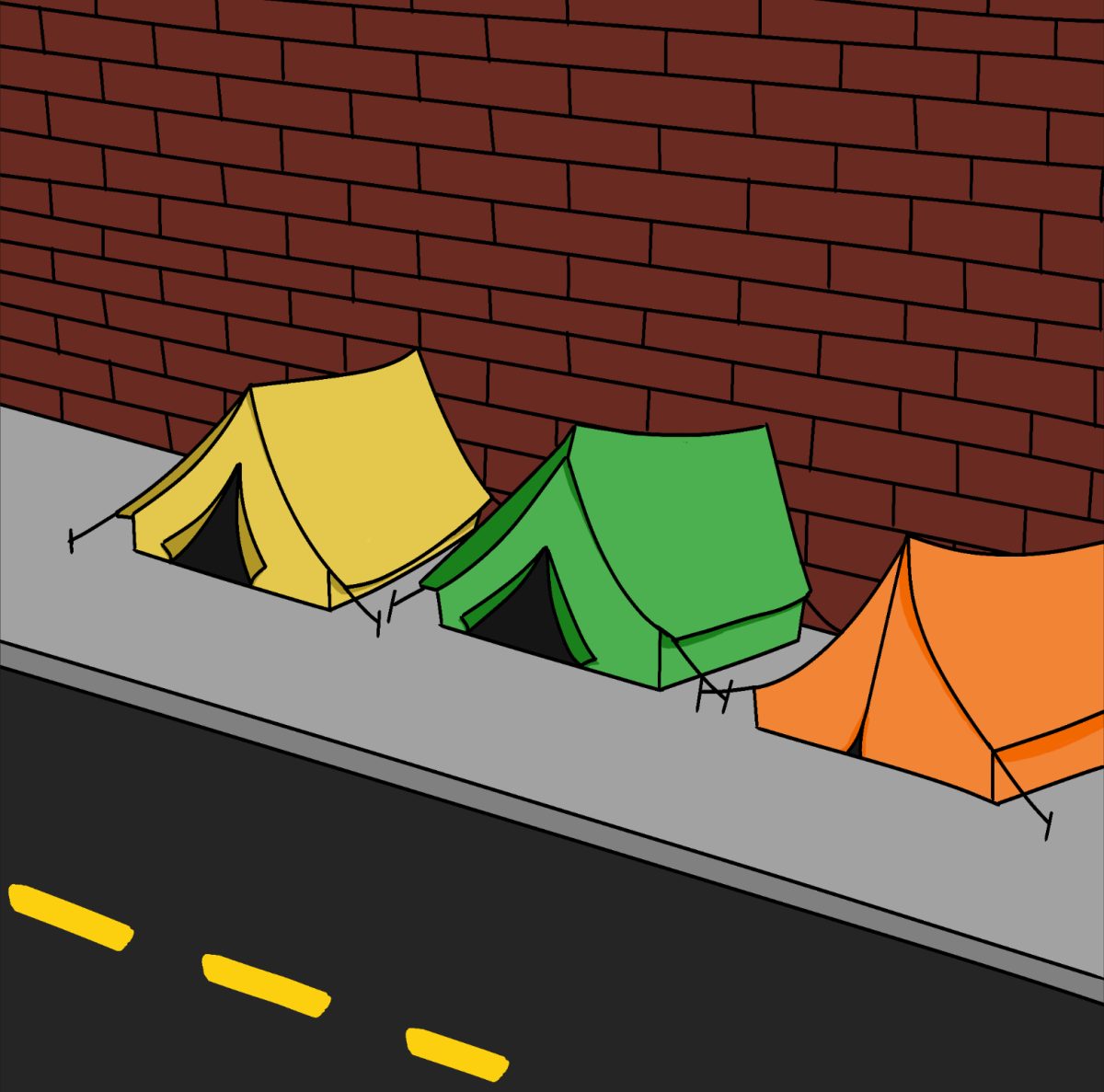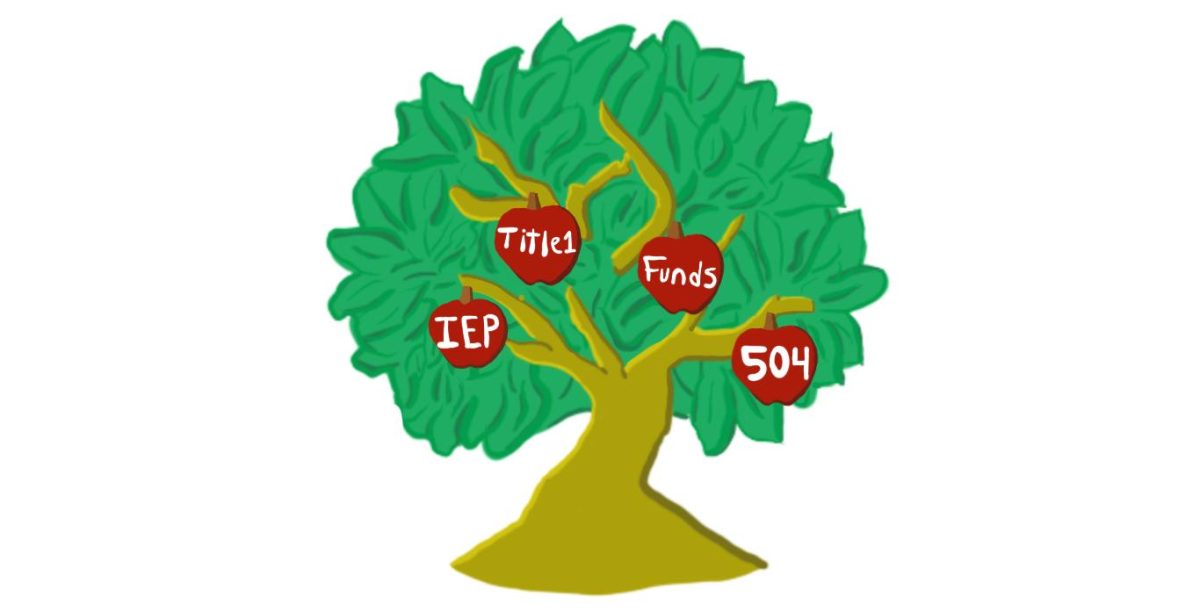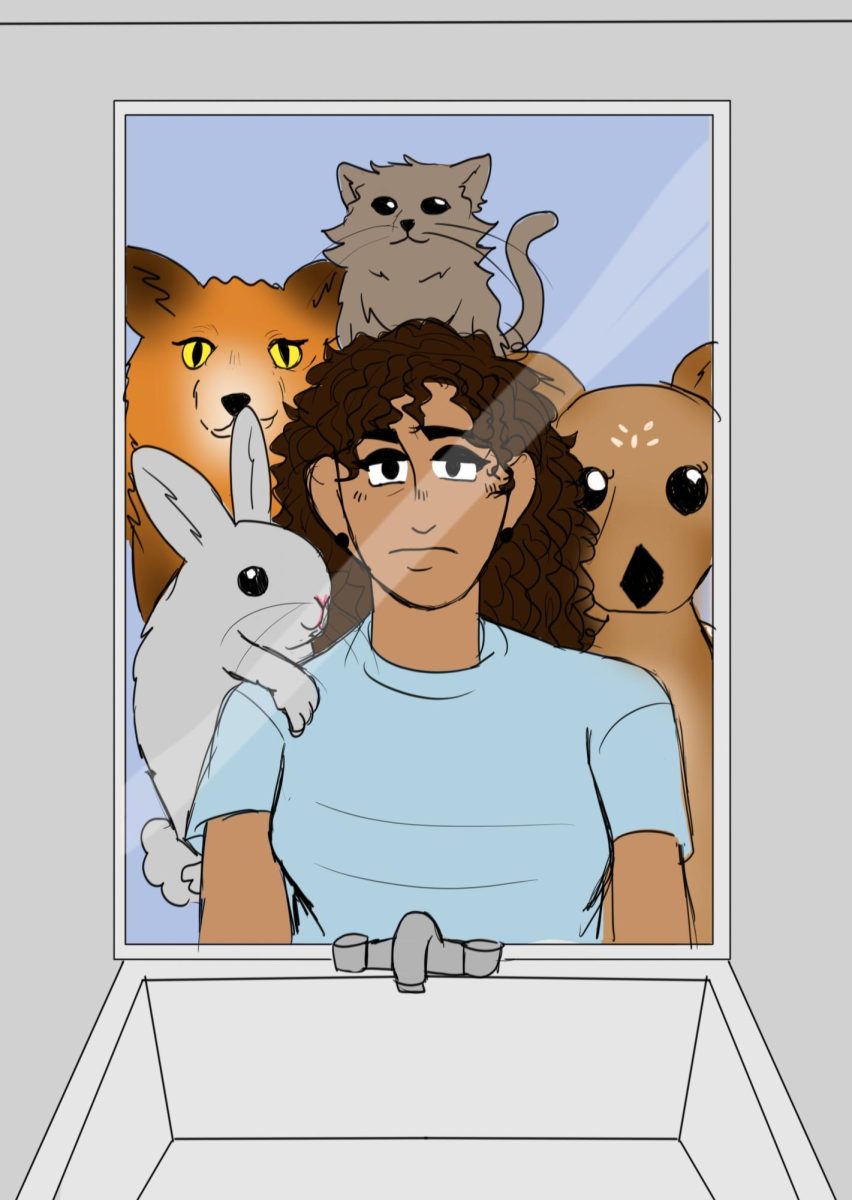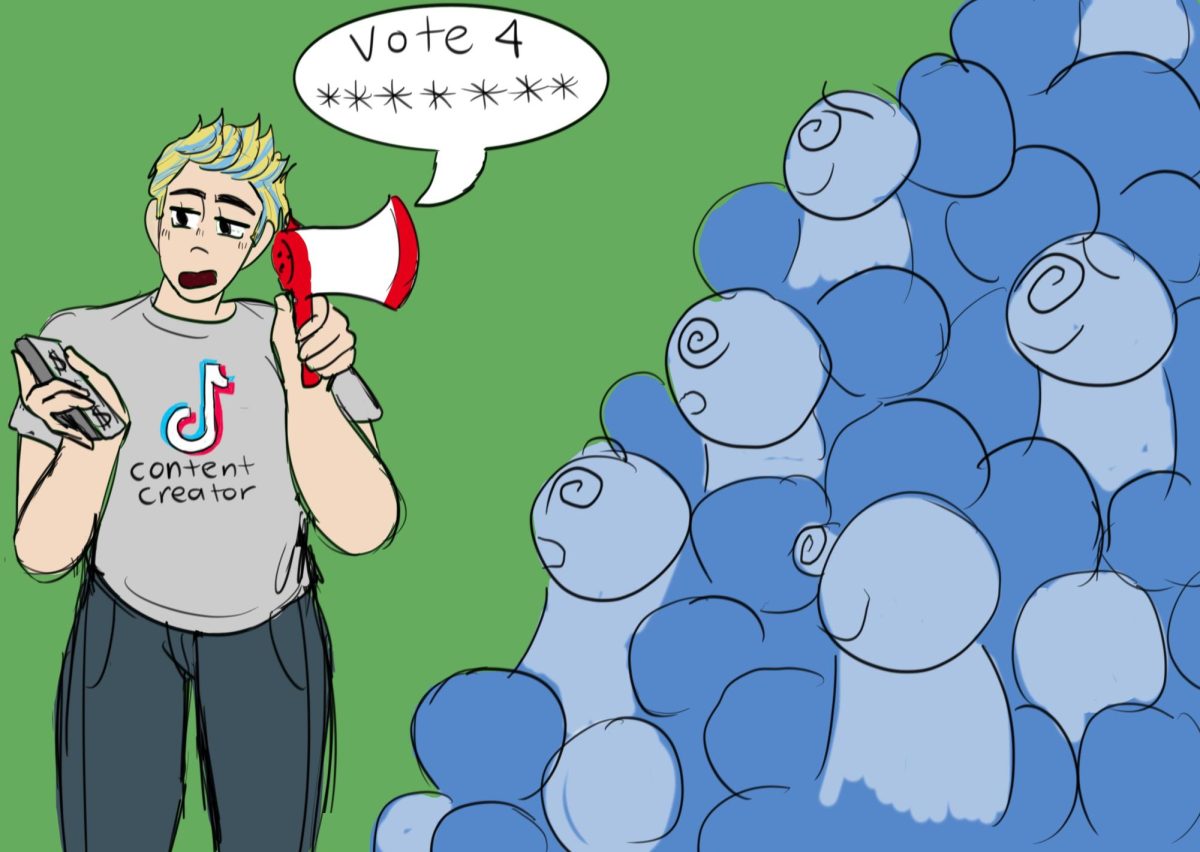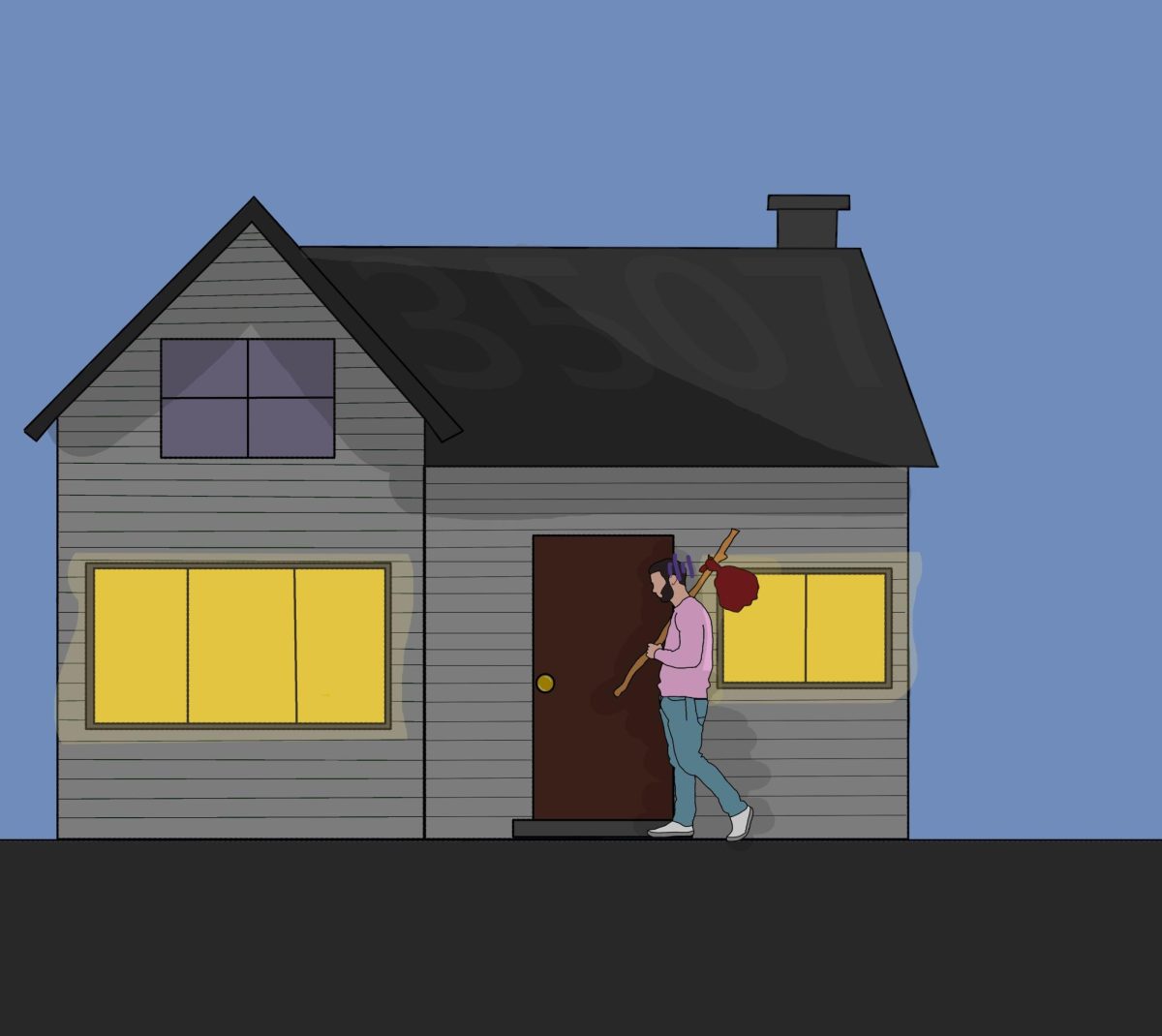The beaming sun shines down on the several homeless camps placed near public transportation passages. In recent weeks, officers have begun to monitor homeless camps set within a two block radius of a school, public park, public beach and other locations as a result of a new law becoming increasingly regulated. Unhoused citizens of the community should have the right of will to be camped out at any public setting.
The “Unsafe Camping Ordinance” is a code granting police the authority to remove citizens who are placed in a public location without prior consent. According to the Office of The City Attorney City of San Diego, it also “prohibits a person from building, placing, allowing or maintaining any vegetation or object on a public street, alley, sidewalk or other public right-of-way or public property.” This leaves the unhoused population with limited areas to stay at.
The implication of the code began with nearby schools and parks. At Bonita Vista High, student discussions fill the campus’s air with numerous conversations in regards to how the outlaw of homeless camps in a specified location is affecting the community for the worse.
According to the World Socialist Web Site, a publication aiming to establish socialism on a world scale, backs up the argument on how the law does not assist the homeless in finding shelter and instead pushes them to “city’s outer suburbs.” As a result, leading thousands of homeless citizens without places to stay.
Moreover, unhoused citizens with camps set up in public locations who make first time contact with an officer receive a warning, followed by a citation after the second contact and then potential risk of arrest if there is refusal for shelter or relocation away from restricted zones. Therefore, the code forces the unhoused population to move from public places and does not provide a solution for relocation when shelters are in max occupancy.
Nonetheless, the unhoused population camp ban should be lifted and allow homeless citizens to stay in locations they find most fit under the consent given. NBCS San Diego, a news broadcast , states their strong opposition to the code and how they feel homelessness is being criminalized. It is vital to ensure there are a number of available approaches so communities can recover from the effects of inflation, less state funds and skyrocketing educator costs.
With the code implication, it has caused worrisome effects within San Diego County as approximately 10,264 individuals who lack homes, 5,171 of them unsheltered and struggling to find a location to camp. The amount of homeless citizens in proximity to schools, parks, etc. has steadily decreased since the implementation of the code whilst unhoused populations have increased dramatically.
Moreover, the community grapples with the fact that the new code does not focus on the real picture. The Voice of San Diego, an informative nonprofit news website, shares insight from an unhoused citizen and the hopes they have in forcing case managers to connect people to housing quickly. The shelters that are provided for the few homeless are still waiting for housing after several months.
Additionally, it is a chaotic process for citizens and their eligibility for shelters. However, many times unhoused citizens are not worried when it comes to being selected themselves but rather the struggle of choosing their items, loved ones, partners and pets;shelters do not permit them.
Something to note is that a portion of the homeless community is unaware of the code being implicated with no device to obtain the information from. I News Source, a nonprofit, nonpartisan newsroom, mentions that there are a number of protests, petitions and press conferences already striking against the code as a result of the proposal taking in criticism from some advocates.
Many believe that the outlaw of their camps is dehumanizing by taking their rights of freedom to go wherever they please. An anti-encampment ordinance from San Diego City members digs further into the situation in that the code will “solve, or address homelessness in San Diego. Instead, it will push homeless San Diegans further away from outreach and services, and widen existing health and social disparities between those with stable housing and those without.”
Many members of the community are in agreement that passing this new law was not the right first step that needed to be taken to support all populations residing in California. All in all, the “Unsafe Camping Ordinance” code does not provide the community with a viable solution and produces more harm than originally intended.

